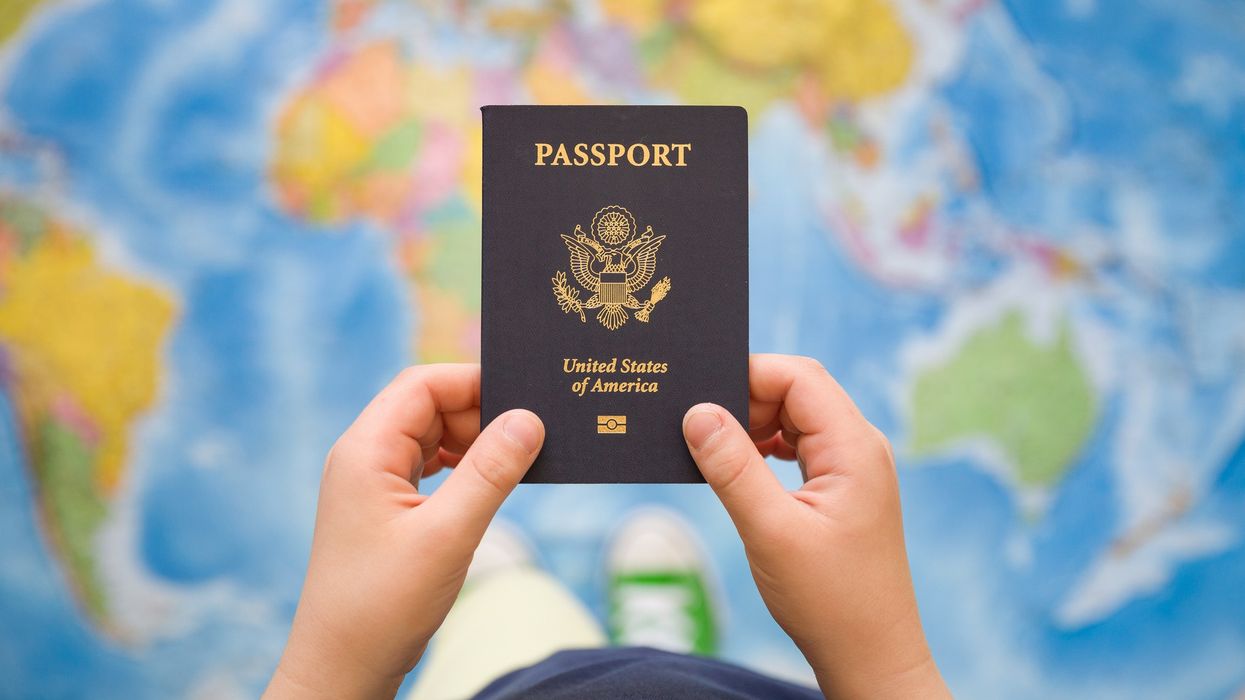THE RECENTLY RELEASED international visitation forecast from the National Travel and Tourism Office said U.S. inbound travel is expected to fully recover to pre-pandemic levels in 2025, according to the U.S. Travel Association. NTTO also forecast inbound travel would reach 91 million international visitations by 2027, which is in line with the government’s recently announced National Travel and Tourism Strategy.
The study found total visitations in 2023 to remain far behind, at 79 percent of pre-pandemic levels, according to USTA. Japan and China—the country’s second and third largest overseas markets in 2019—are projected to lag at just 39 percent and 30 percent, respectively.
According to the study, the only major market that is forecast to be fully recovered this year is Colombia, with India and the Netherlands just slightly behind. Despite a near-complete recovery from Canada in October and November (relative to those months in 2019), NTTO expects that total 2023 visitations from our northern neighbor will remain at just 81 percent of 2019 levels.
In 2024, the recovery is expected to increase significantly, reaching 94 percent of pre-pandemic totals. NTTO projects that inbound travel will get 115 percent of 2019 levels by 2027. “Even then, the recovery is expected to remain uneven, ranging from India (projected at 126 percent of 2019 levels in 2027) to Japan (only 93 percent),” the study said.
The NTTO forecast, NTTO’s first since the onset of the pandemic and which extends until 2027, is consistent with USTA’s fall 2022 forecast, according to Aaron Szyf, USTA economist. A swift recovery should not be taken as a given, Szyf said.
“The recent slowdown in inbound travel’s recovery in recent months—and the expectation that visitations from China and Japan will remain far behind for the next couple of years—means that we should never take the swift recovery of inbound travel as a given,” said Szyf. “While visitations from China will continue to face difficulty including limited flight connectivity, travel from Japan (our second top overseas market pre-pandemic) is expected to suffer from a significantly reduced interest in foreign travel. U.S. Travel will be releasing its next forecast—which will include our projections on total international, overseas, Canadian and Mexican visitations—in June 2023.”
USTA remains hopeful that a path to 90 million by 2027 may still be viable if the right policies are put in place, Szyf said. For example, the federal destination marketing organization Brand USA should continue to be strengthened to draw more tourism to the country.
“At the same time, we do hope that this forecast will turn out to be ‘too conservative,’ especially as it relates to Canada, from where we have seen incredible growth throughout 2022,” he said.






